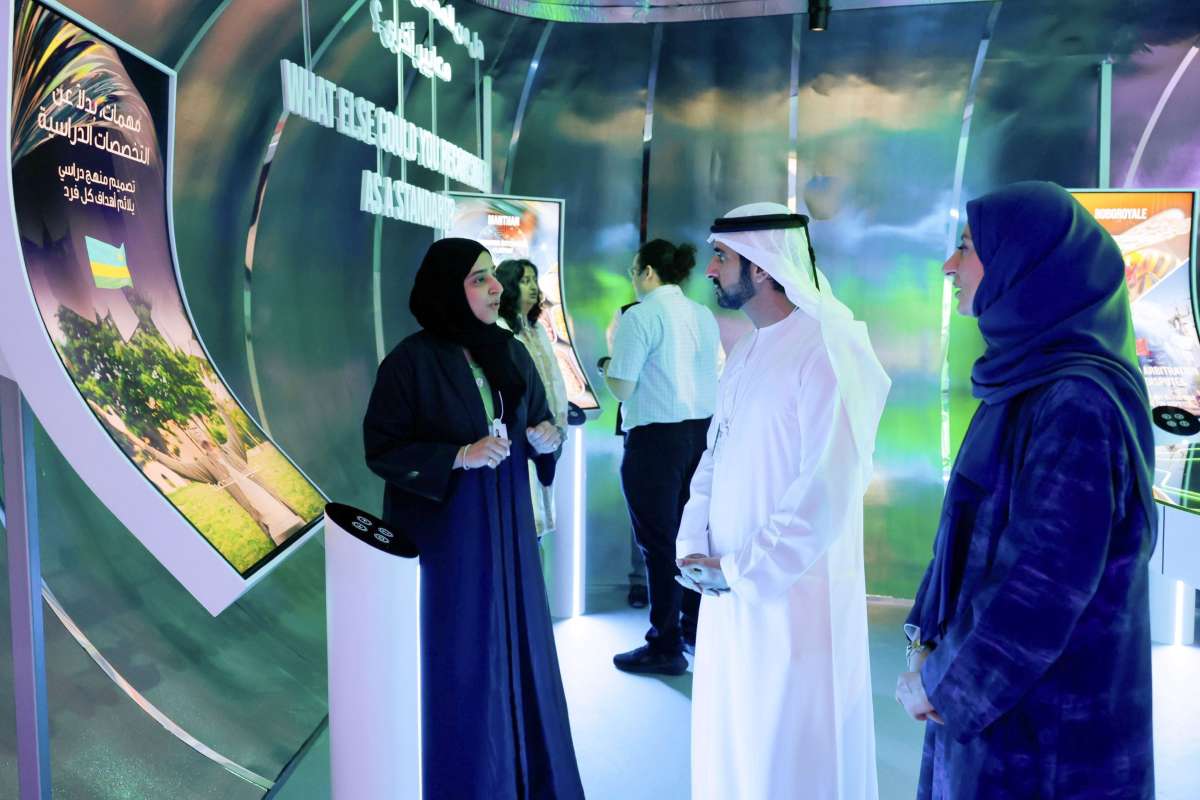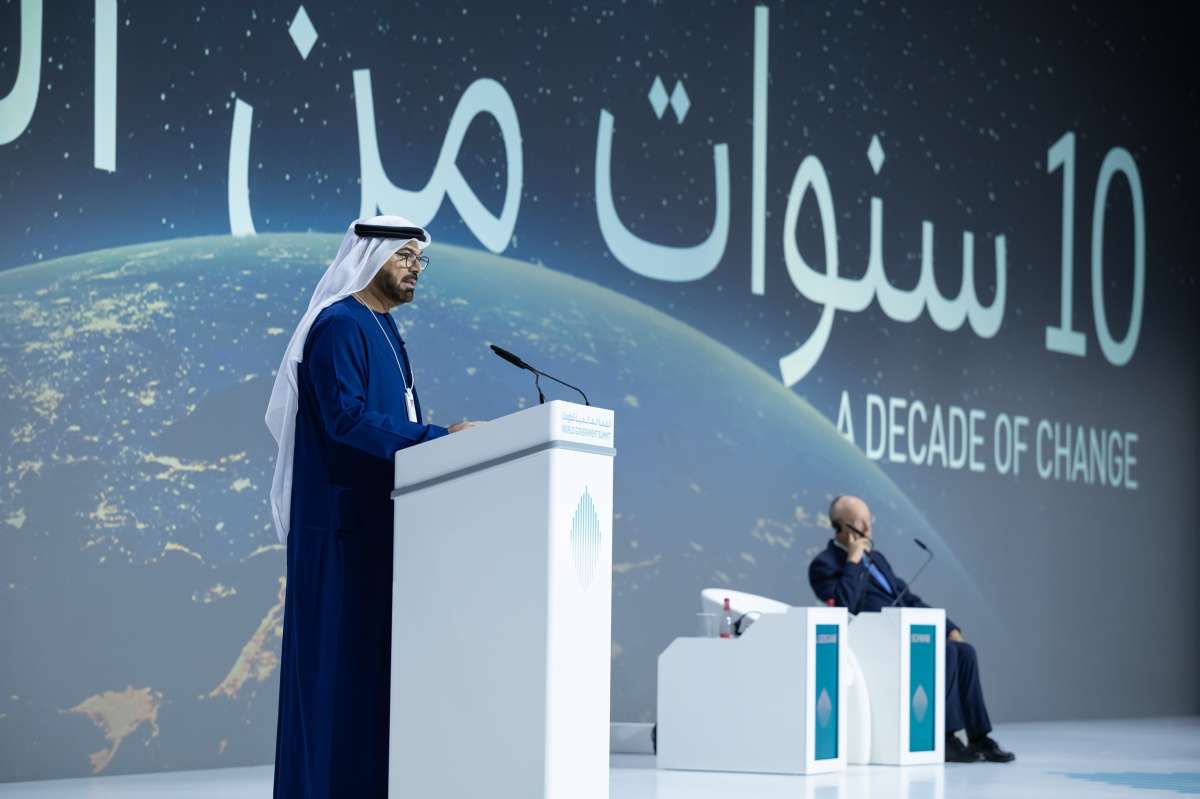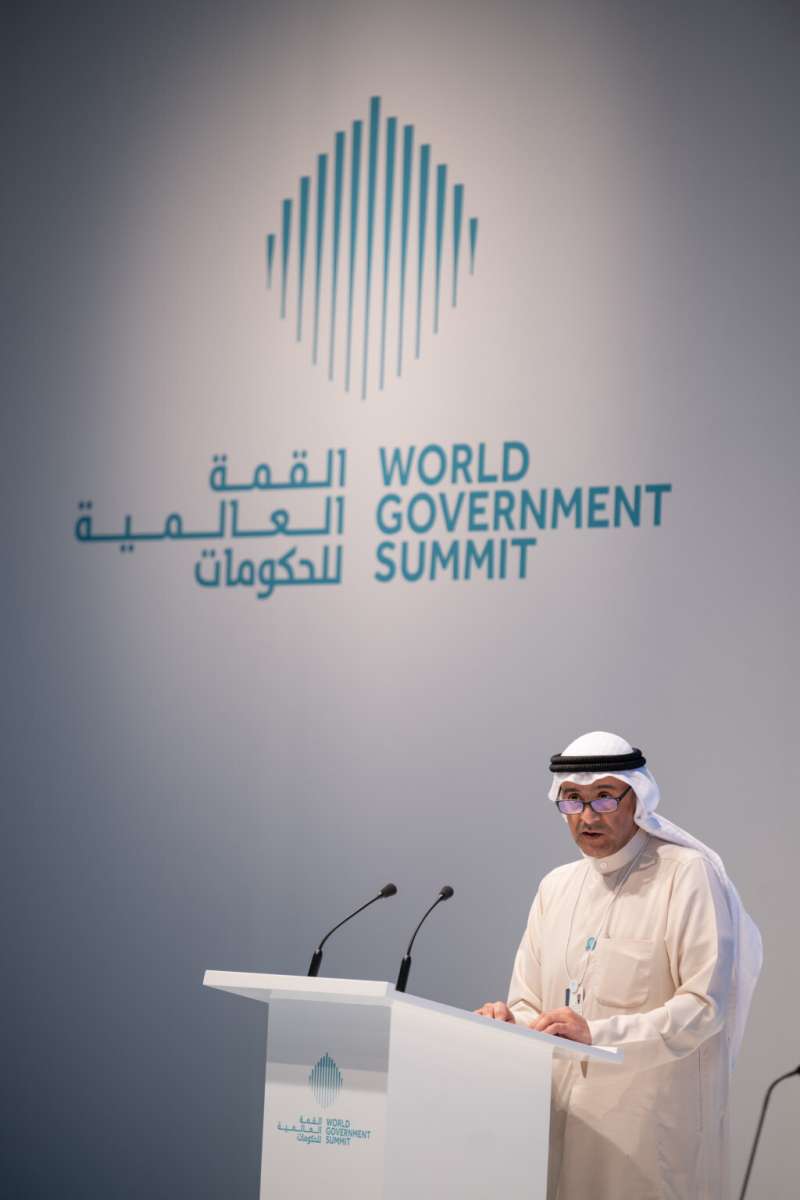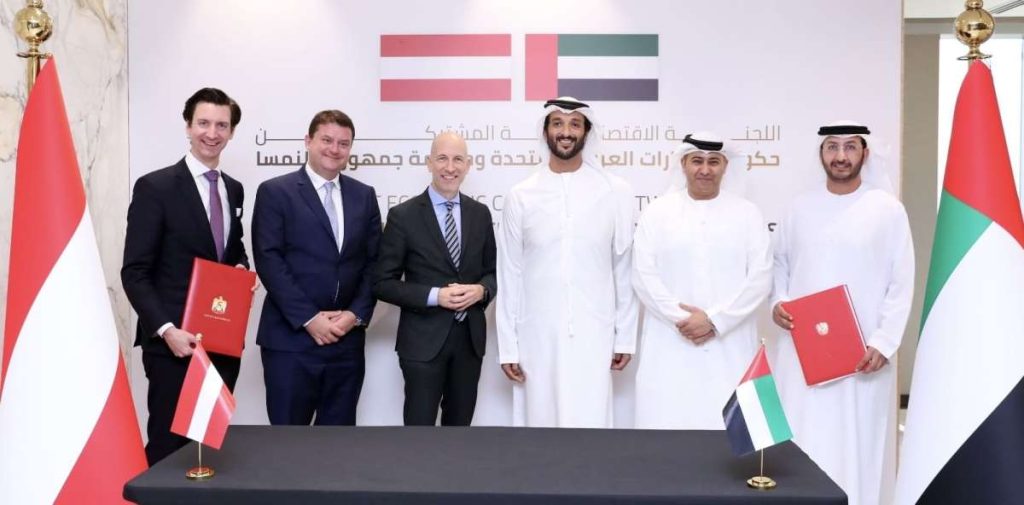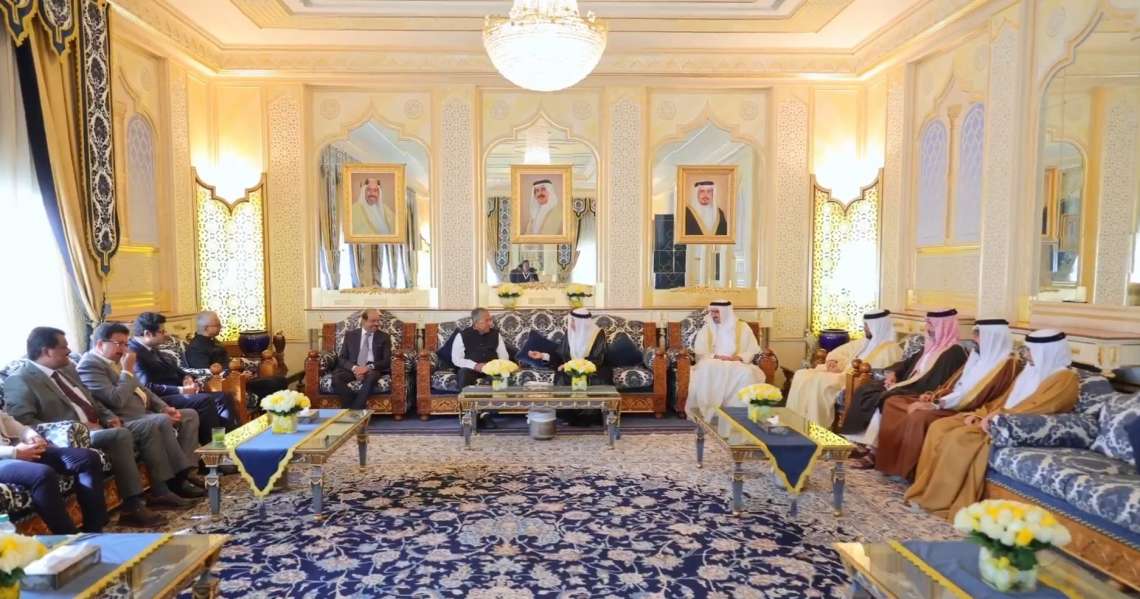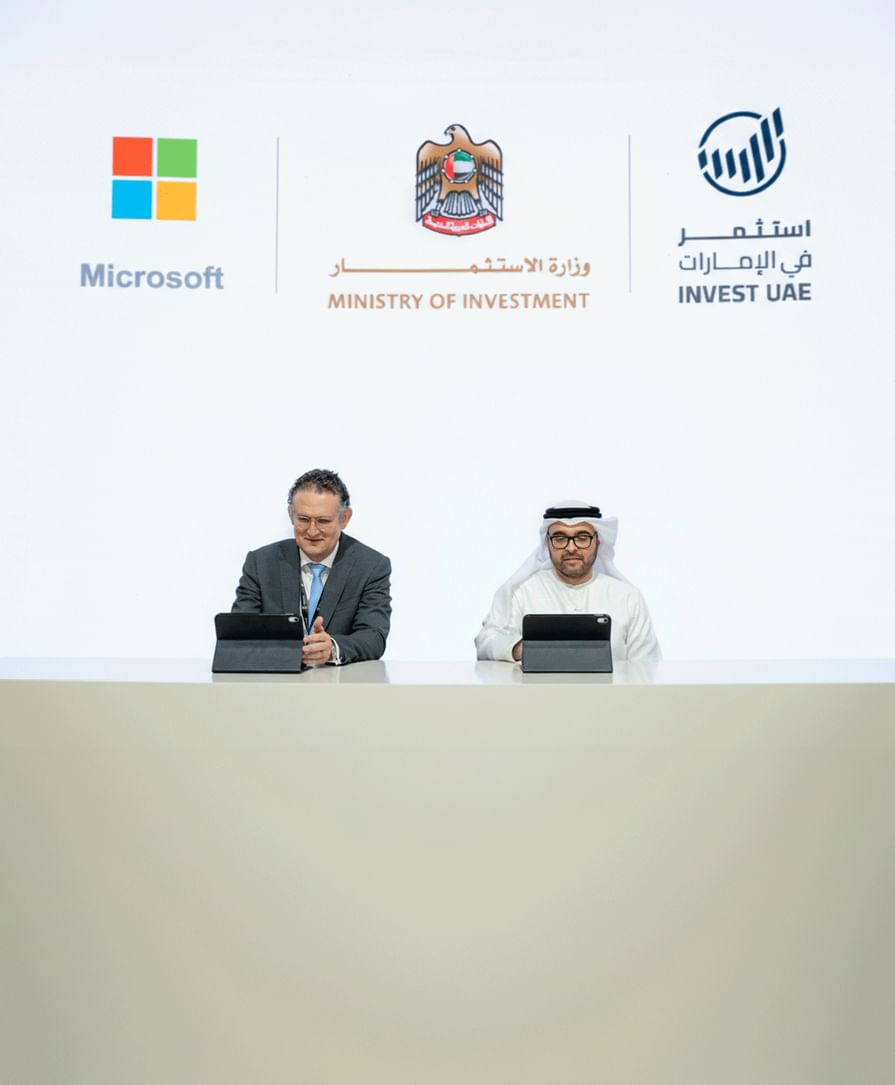World Governments Summit (WGS) Organisation report advocates for the concept of a “15-minute city”, promoting easy access to essential services to enhance the quality of urban life….reports Asian Lite News
The World Governments Summit (WGS) Organisation, in a strategic alliance with KPMG, has released the “Future of Cities and Urban Economic Growth” report, which addresses the future challenges faced by cities and the urban economy, and reviews innovative solutions to confront them.
The report advocates for the concept of a “15-minute city”, promoting easy access to essential services to enhance the quality of urban life.
The “Future of Cities and Urban Economic Growth” report is tailored to equip city leaders and stakeholders with practical insights into the ever-evolving urban landscape. It addresses a spectrum of challenges faced by cities today, spanning rising energy costs, skilled labour shortages, income disparities, as well as climate change, cybersecurity, and others.
The report focuses on important aspects related to the future of cities, including physical infrastructure, low-cost housing solutions, small businesses, and inadequate green spaces. It also reviews several innovative solutions discussed by the World Governments Summit in its previous editions. These solutions include constructing robust urban identities that attract investment and talent, and the best methods for selecting and deploying smart city technologies to serve community interests.
Mohamed Yousef Alsharhan, Managing Director of the World Governments Summit Organisation, emphasised that the future of cities is a crucial pillar of the WGS Organisation’s agenda. This is due to its significant role in shaping the features of future societies amidst the considerable challenges and rapid changes driven by unprecedented technological and scientific developments the world is currently undergoing.
“The ’15-minute city’ concept represents a fundamental shift in the philosophy of urban design, fostering a community-centric approach where access to vital services and amenities is within a brief walk or bike ride. This model not only enhances convenience but also significantly transforms the way we experience and live in cities,” Alsharhan added.
Chucrallah Haddad, Partner, Head of Advisory, KPMG Lower Gulf, said, “Cities serve as the nucleus of innovation and progress, facing a myriad of challenges that demand complex solutions. The Future of Cities report not only identifies these challenges but also offers actionable strategies for cities to thrive in the face of constant disruption, embracing technological advancements while prioritising the well-being and inclusivity of its inhabitants”.

The “Future of Cities and Urban Economic Growth” emphasises pivotal factors such as the need for innovation, sustainability, and inclusivity in successful city initiatives, along with the significance of fostering vibrant municipal identities to attract investments, businesses, and talent.
A pivotal aspect emphasised in the report is the delicate balance between technology deployment and privacy, advocating for a focus on community access and ethical use of digital tools to avert cybersecurity risks. The integration of “futures literacy” and sustainability as foundational principles in legislation and business practices is a crucial recommendation, empowering cities to navigate complexity and build resilience against external changes.
The report highlights the leadership of cities in the Gulf region, in spearheading technological innovation. It also underscores the valuable lessons that their advanced experiences offer for cities around the world.
Delving into global case studies, the report also highlights the importance of managing customer expectations in supply chain management, the benefits and costs associated with reshoring and near-shoring, and avenues for financing sustainable supply chains and near-shoring initiatives.
The UAE’s National Food Security Strategy is highlighted as an example of managing supply chain effectively, with innovations such as high-rise vertical farms using hydroponic and aquaponic techniques that can yield 100 times more produce than traditional farms. The UAE aims to increase home-grown food production by 30-40 percent in ten years and become a world-leading hub of innovation-driven food security by 2051.
The “Future of Cities and Urban Economic Growth” emphasises the significance of adaptation and innovation, where successful cities are embracing resilience, sustainability, inclusivity, and emerging technologies as key pillars for their initiatives. Cultivating a strong municipal identity and vibrant cultural environment is spotlighted, serving as a magnet for businesses, investments, and young talent.
ALSO READ: India’s Diplomatic Finesse in Global Trade Partnerships


